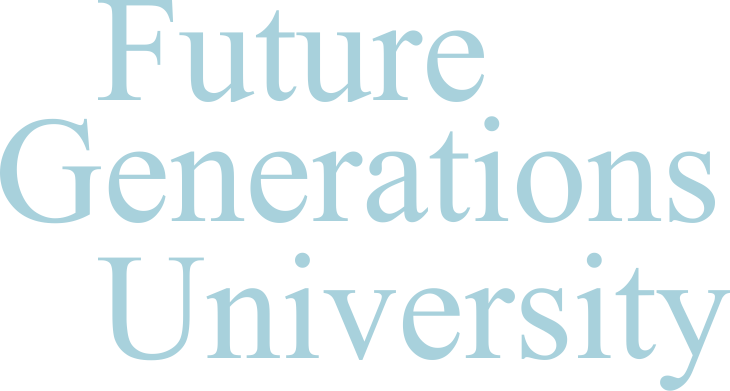The Shared Administration Program in Peru is one of the successful community change experiences that the Future Generations SEED-SCALE methodology is based on. Co-founder Dr. Carl E. Taylor provided orientation to Peru in 1994 at the request of their Minister of Health to design a new program for primary healthcare with community participation. SEED-SCALE was then in the process of development, so the Peru program was designed on the basis of SEED-SCALE principles, while also soon becoming evidence for further development of the methodology.
 |
| Meeting of members of CLAS Las Moras, the original pilot site. |
Peru is now one of the few countries with a governmental health program that features legalized, regulated, and institutionalized community participation. A 1994 government decree gave community entities collaborative responsibility and decision-making power over the management of public resources to administer primary healthcare services. Called CLAS Associations (Local Health Administration Committees), these private non-profit entities work under contract with the state, and the medical chief of a primary care facility is executive director as the public sector counterpart. The three-way partnership involves government, health services, and community.
How does social participation reflect SEED-SCALE through CLAS? When local people identify their needs instead of only central planners, it improves equity and efficiency of public spending. The watchdog role of citizens overseeing use of public resources ensures transparency and reduces misuse of funds. Citizens can exert social control when they pressure health providers to come to work on time and treat patients well, and can make decisions on purchases (equipment, maintenance, extra staff) to ensure better quality of care. Social participation makes local health and development programs more sustainable. The CLAS program scaled-up rapidly to cover 32% of all 2,700 primary healthcare facilities nationwide because of word-of-mouth from satisfied communities. Future Generations was instrumental in development of a law on CLAS approved in 2007 by the Peruvian Congress that enhanced the SCALE-Cubed policy environment.
Future Generations has played a key role over the years in conducting CLAS program research and evaluation, preparing papers for dissemination and advocacy, and providing technical support on the CLAS program. Documents on the CLAS program in Peru are available through Future Generations University’s publications library.



